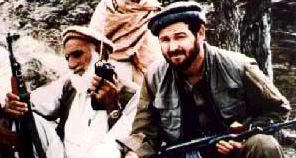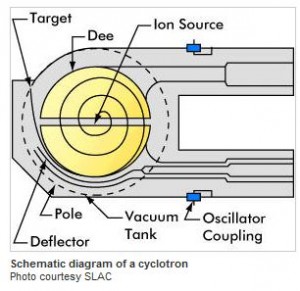Will Souring US-Russian Relations Enable US-Iran Bilateral Nuclear Technology Talks?
Michael Gordon reports in the New York Times that Iran may be making overtures for direct bilateral talks on Iran’s nuclear technology. As Gordon points out, however, news of the overture came to the US through Iraqi Prime Minister Nuri al Maliki, prompting some to wonder whether this is just Maliki trying to broker a deal:
Prime Minister Nuri Kamal al-Maliki of Iraq told the Obama administration this month that Iran was interested in direct talks with the United States on Iran’s nuclear program, and said that Iraq was prepared to facilitate the negotiations, Western officials said Thursday.
In a meeting in early July with the American ambassador in Baghdad, Mr. Maliki suggested that he was relaying a message from Iranian officials and asserted that Hassan Rouhani, Iran’s incoming president, would be serious about any discussions with the United States, according to accounts of the meeting.
Although Mr. Maliki indicated that he had been in touch with confidants of Iran’s supreme leader, Ayatollah Ali Khamenei, he did not disclose precisely whom he was dealing with on the Iranian side. Some Western officials remain uncertain whether Iran’s leaders have sought to use Iraq as a conduit or whether the idea is mainly Mr. Maliki’s initiative.
Gordon goes on to note that negotiations so far have taken place in the P5+1 format and that “it is difficult to make major headway in such a committeelike forum”. However, besides including Russia in the list of countries comprising the P5+1 group (Britain, France, Germany, Russia, China and the US), the article does not mention worsening relations between the US and Russia over the Edward Snowden situation and the Boston Marathon bombing investigation.
I find it significant that Maliki made the overture to the US in early July. Snowden has been holed up in the Moscow airport since June 23 and so early July coincides with the point at which the US began to realize that Russia does not intend to turn Snowden over to the US. Add to that the fact that the P5+1 negotiations mainly revolve around the Russian “step by step” plan, with the June 2012 negotiations on that plan having taken place in Moscow. It would make sense to me that Rohani would see that with US-Russian relations souring quickly, the US would be hesitant to follow a negotiation path set by Russia.
If this really is an Iranian overture, I see it as a very a good sign. It would suggest that Iran sees the worsening US-Russia feud and wants to suggest a way to remove that feud as an issue to be overcome in bringing a resolution to the nuclear technology situation. By suggesting such a course of action, it seems that Iran may be serious about finally resolving the nuclear technology issue.
Arguing against this rosy interpretation is the fact that Iran sees Russia as a strong ally, so cutting them out of the negotiations could be seen as Iran choosing sides in the feud and thereby risk their own relations with Russia. The timing could be explained simply by noting Rohani’s election in mid-June and the mere act of floating the idea of direct talks would be seen as cementing Rohani’s positioning as a moderate, even if the direct talks never materialize.
The situation bears close watching over the next few months.


